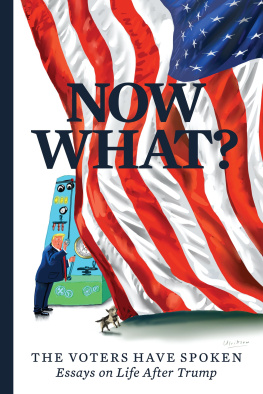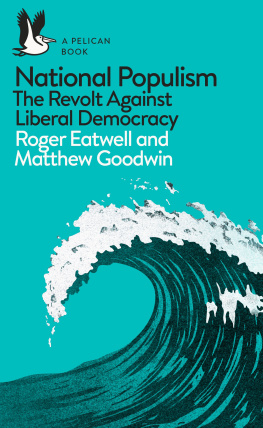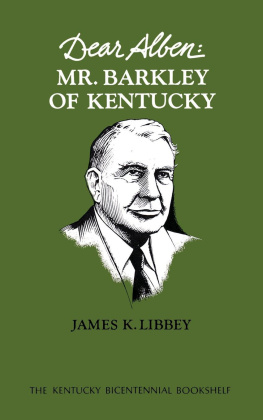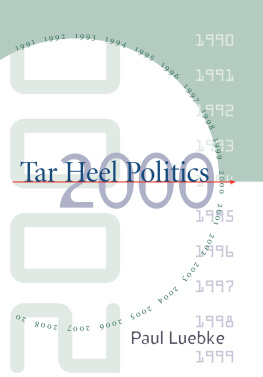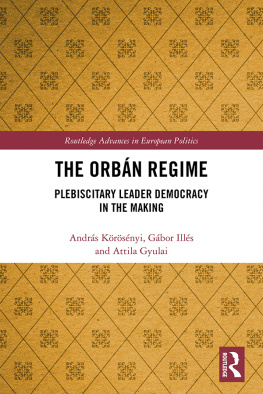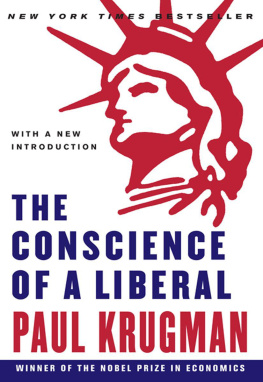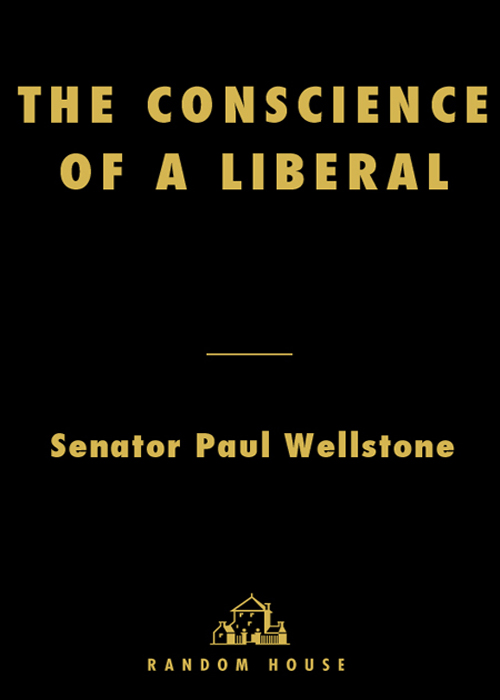Chapter 6
EMBARRASSINGLY LIBERAL
W e won the 1990 Senate race by asking people to vote for what they believed in. That proposition connected with Democratsand many Republicanswho were looking for more than the politics of polls and conventional wisdom. Our win demonstrated that a politics of conviction can be a winning politics. The 1996 race would test that idea and be a referendum on the kind of citizen politics that we embodied.
I knew all along that it would be a tough race. I was the only senator up for reelection who voted against the welfare reform bill, and this vote alone was supposed to cost me the election. I was at odds with most of the powerful economic interests in the country, including in Minnesota. My friend Harry Reid, senator from Nevada, told me, Paul, you are the most difficult senator to raise money for!
And Minnesota was far from an automatic win for Democrats. Republicans had won all the U.S. Senate races in Minnesota since 1978, and a Republican had been elected governor in 1990 and 1994.
The Republican Party in Minnesota began its campaign against me in 1993, three full years before my term was up! My outspoken positions on issues and my efforts to fight the Republican agenda (especially the post-1994 Gingrich agenda) made me the top Republican target in 1996. The Minnesota Republicans, using a particularly vicious attack-politics mentality, set a low standard that would eventually cost them.
In May 1994 at the Republican state convention, delegates were given brochures titled Wellstone Watch, in which unflattering caricatures of mewith a big nose, short legs, potbelly, even in a dressaccompanied wildly untrue allegations and personal attacks.
This was just the beginning. The Minnesota Republicans also began to hold weekly news conferences, attacking me and distorting my statements and votes. Often, they didnt even bother sticking to any issues. A typical press release, from the spring of 1994, led with, Paul Wellstone is a lying, hypocritical whiner. The Republicans also decided to follow me and my family with a video camera and tape recorder, hoping to gather incriminating statements that they could use in attack ads. At every public appearance, every speech, the Republicans were there, getting it all on tape.
The Republicans knew that my greatest political asset was the trust I had built with Minnesotans. Whether they agreed with me on all the issues, they knew where I stood, and believed I was committed to public service. The Republicans figured that the only way to defeat me was to raise questions about my trustworthiness. The problem was, the Republicans simply couldnt make this case without lying and making outlandish allegations. Minnesotans would see right through it.
While the Republican Party continued to attempt a smear campaign, Rudy Boschwitz prepared to run again for the Senate seat that he felt was his. Boschwitz, who seemed to be filled with resentment that he had been defeated by a underfunded, unknown, liberal college professor, was prepared to wage an ugly, negative campaign to defeat me. He hired the notorious political consultant Arthur Finkelstein, famous for his scorched-earth, win-at-all-costs negative campaigns, whose trademark was sticking opposing political candidates with the worst of all political labels: liberal.
Not coincidentally, Finkelstein was also hired by the National Republican Senatorial Committee (NRSC) and its chairman, Alfonse DAmato, to wage a soft-money attack against me. The NRSC started its ads earlyin May, six long months before the election. These were issue advocacy ads. That meant they could bash me, with no limits on the amount of money spent on them or on how the money for them had been raised, as long as the ad never asked you to vote for or against me. Here was a typical ad: There was a picture of a prison guard tower, then one of a female stabbing victim lying on the ground; my picture was then morphed with this picture and joined by the words, Paul Wellstone voted to let violent criminals out of prison. This ad was so outrageous that CNN journalist Brooks Jackson did a blistering commentary on it.
Meanwhile, Finkelsteins client Rudy Boschwitz began waging a campaign accusing me of being embarrassingly liberal. At every press conference, in every ad, on every billboard, in nearly every sentence, the Boschwitz campaign returned to the same refrain: Paul Wellstone is embarrassingly liberal. Billboards were put up with my picture next to the words, Paul Welfare: Embarrassingly Liberal. This strategy had worked for Finkelstein before: Smear your opponent early and often. This line of attack didnt bother me.
I remember saying to Sheila early one morning as I was trying to anticipate what we would have to deal with that I was proud of the way I have lived my life. I had nothing to hide. But that presupposed that the truth mattered, and it didnt to this crowd. They would launch any attack that would workas well as attacks that wouldnt.
What weighed on my mind the most was my family. I am enough of a fighter that attacks on me make me even more determined. But personal attacks that can hurt your family, charges that arent true, are very frightening. I wondered, sometimes, whether this was worth it. I told Sheila that this would be my last campaign, that we would never have to go through this again. That is how I felt then. The larger point, of course, is that very few people will want to run for office if they believe it will be destructive for their family.
My indignation crested on the day that I first knew we would win.
It was early fall. Months of constant Republican issue advocacy ads, which we had not responded to (if we had spent money in the summer, we would have been broke in the fall), had had some effect. The race was very close, showing Boschwitz and me neck and neck at the end of the summer.
Sheila was back in Minnesota, campaigning, and I had had dinner with a close friend. Walking back from dinner through a park, she talked to me about a very painful and personal experience. We sat down together on a bench, and I listened carefully, at one point putting my arm around her.
I told Sheila about this the next day. She said, Im really touched by what happened. I just hope the Republicans didnt have their camera. My friend, it turns out, had spent the night worrying about the same thing.
As I listened to them, I thought to myself, I am not going to let these people define me. They had created a climate of fear for people I loved, and I became determined that they would not win the election.
The Republican attack ads were fast and furious and went on and on. In mid-October they put on an ad showing a caricature of me speaking to a gathering of burned-out, dope-smoking, 1960s-style hippiesagain with the tag line Paul Wellstone, embarrassingly liberal. Some Minnesota journalists thought it was funny. One even wrote an article about how clever the Boschwitz campaign was in using humor as a weapon.
Minnesotans didnt agree. They had seen enough. The attacks had gone on for too long. This ad triggered widespread anger toward the Boschwitz campaign. Minnesotans thought associating me with drugs was vicious and untrue. Moreover, this kind of caricature of the 1960s is very insulting to many men and women who are very proud of their political activism then and what they were able to accomplish.


